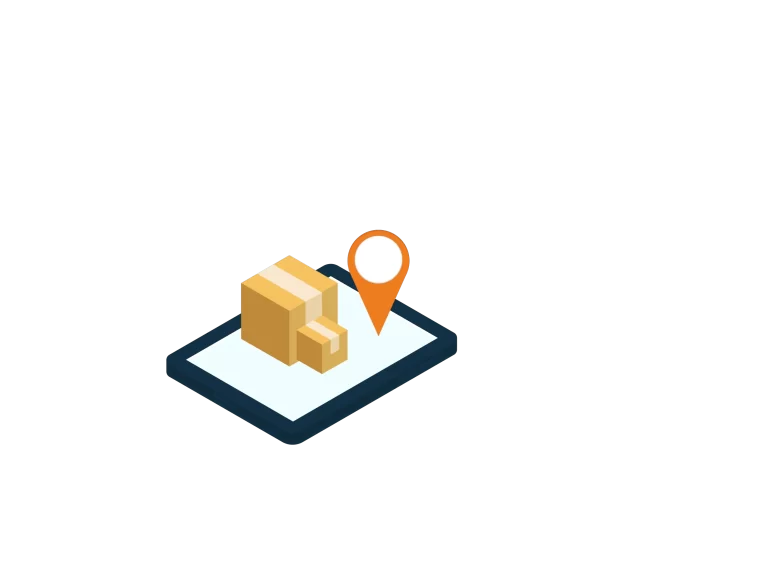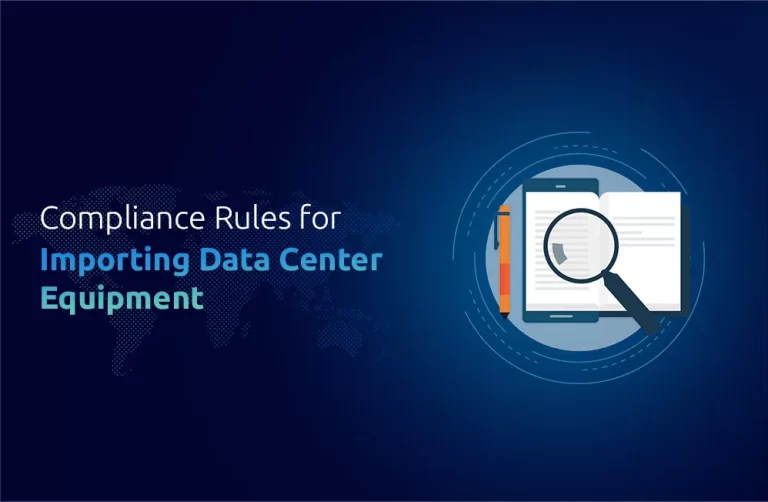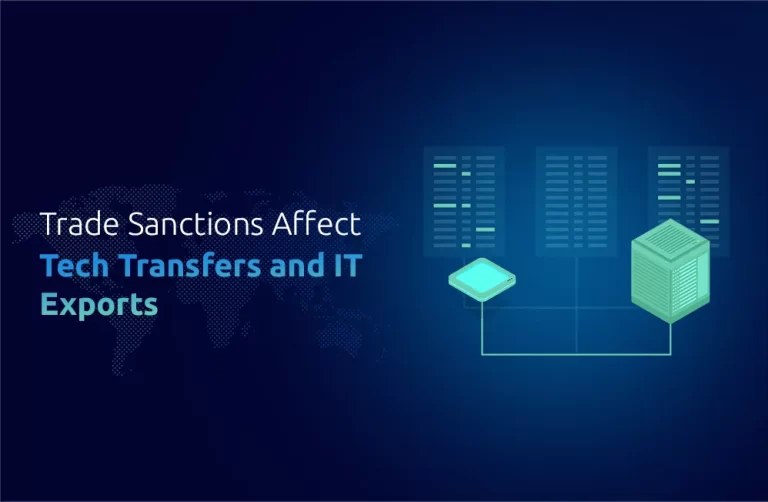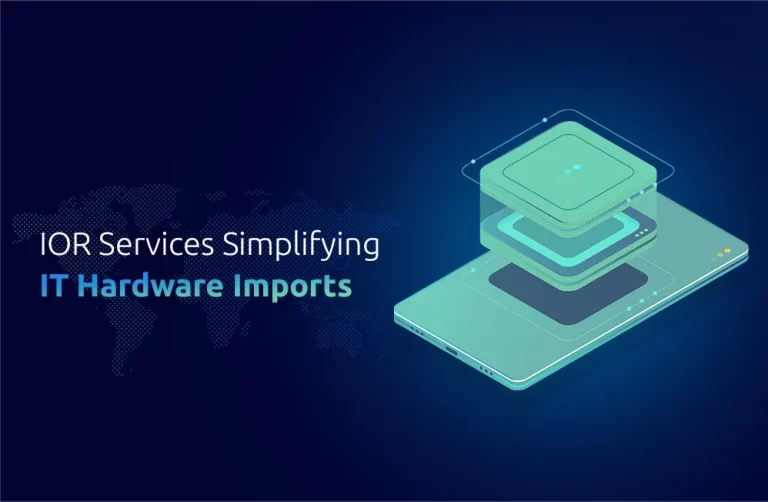What EOR Services Handle in Nigeria
- Export Register Compliance:
EOR providers register shipments with the relevant authorities, such as the Nigerian Customs Service (NCS) and the Nigerian Export Promotion Council (NEPC). This ensures that goods are legally processed for export, which is critical for industries like medical equipment and automobile parts where regulations are strict. - Harmonized System Code (HS Code) Classification:
Proper HS Code classification is essential for customs deference. The EOR ensures that goods—whether they are tech products from the IT sector, spare parts for the automobile industry, or components for the aviation sectors are correctly categorized under HTS codes, minimizing delays, penalties, or errors. - DAP (Delivered at Place) Shipping Terms:
With DAP shipping terms, the EOR ensures that goods are delivered to their destination country while fulfilling all Nigerian export obligations. This allows businesses in industries like IT and aviation to focus on their core operations without worrying about deference complexities. - Generalized System of Preferences (GSP):
For certain goods, especially those exported under Special trade agreements, the EOR ensures compliance with the Generalized System of Preferences (GSP). This allows Suitable goods to benefit from duty-free or reduced tariffs, which can be Beneficial For sectors like automobiles and aviation.
Why Use EOR Services in Nigeria?
- Streamlined Export Processes:
By partnering with One Union Solutions for EOR services, businesses can avoid the complexities of navigating Nigerian customs regulations and securing various export permits. This is particularly beneficial for companies exporting specialized products, like medical equipment or IT-related goods. - Accurate HS and HTS Code Classification:
Goods must be accurately classified under the Harmonized Tariff System to avoid rejections. For example, components in the aviation or automobile industries need Accuracy in classification to ensure smooth customs clearance. - Efficiency with DAP Shipping Terms:
Through DAP terms, the EOR handles delivery to the destination country, reducing logistical burdens for exporters of heavy machinery, medical devices, or automobile parts. - Global Market Access:
For businesses looking to export to countries offering preferential trade agreements under GSP, EOR services ensure full consent, enabling smoother access to international markets. - Legal Risk Mitigation:
Acting as the Importer and Exporter of Record, the EOR assumes legal responsibility for compliance, reducing the exporter’s risk of penalties or shipment delays.
Industries That Benefit From EOR Services in Nigeria
- IT Sector:
Exporting IT equipment such as servers, networking devices, and components requires precise regulatory and proper documentation to avoid shipment delays. - Medical Equipment:
The export of medical devices and supplies often involves stringent documentation and certifications. EOR services ensure with Nigerian and international standards. - Aviation Industry:
Aircraft parts, engines, and components require detailed HS Code classifications and adherence to complex regulations to facilitate smooth exports. - Automobile Industry:
Manufacturers and exporters of vehicles, spare parts, and related products Profit greatly from EOR services, as these goods often fall under strict regulatory Analysis.
Conclusion
In a challenging environment like Nigeria, Exporter of Record (EOR) services are necessary for businesses Focusing on expanding globally. From managing HS Codes to ensuring DAP shipping terms and GSP needs, an EOR offers support to industries such as IT, medical equipment, aviation, and automobiles.
Did you know?
Goods totaling at a value of 57.89 billion U.S. dollars were exported from Nigeria. This was one of the few years in the past two decades where the value of exports was lower than imports, as Nigeria has generally been a net exporter of goods.








